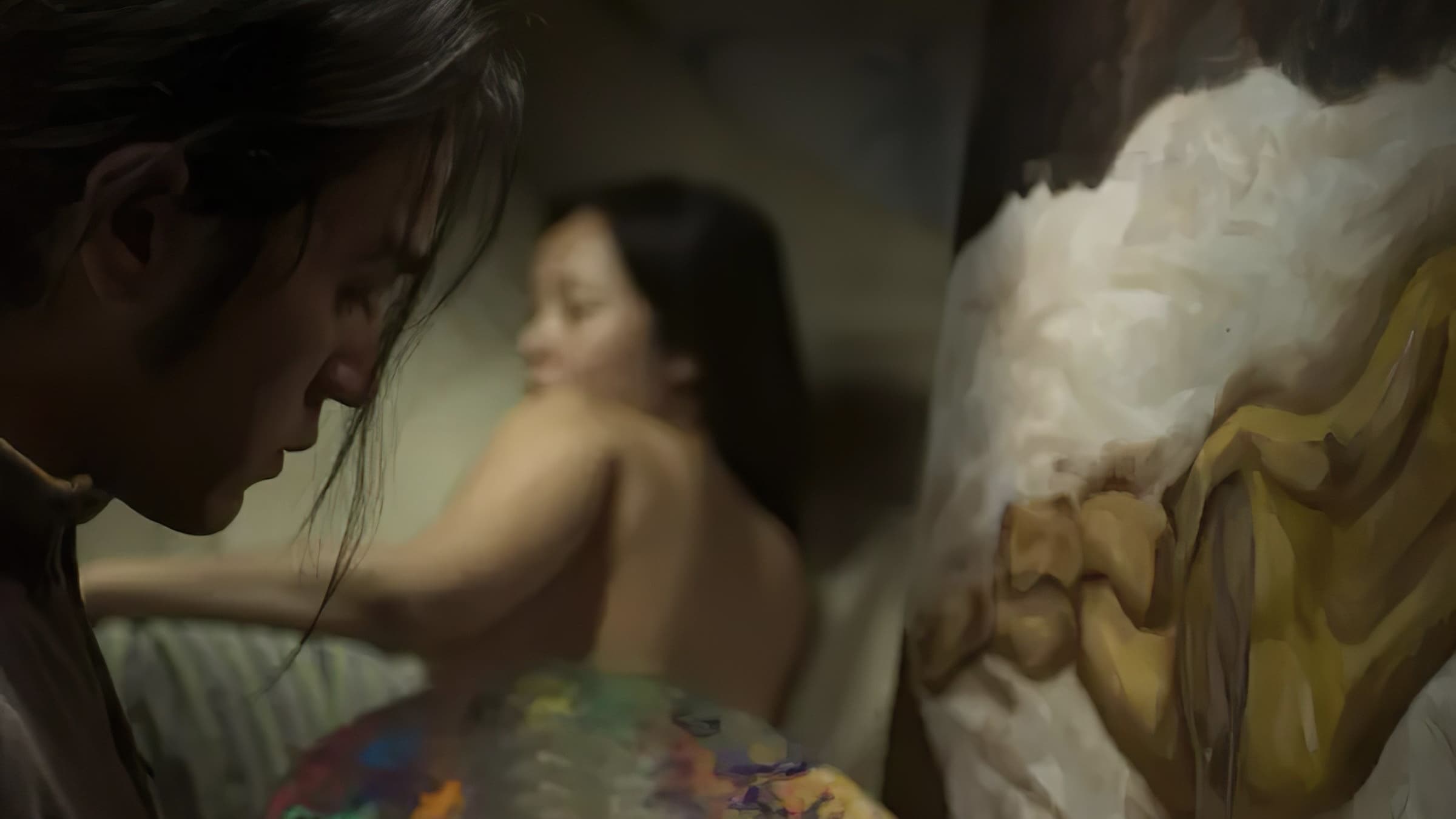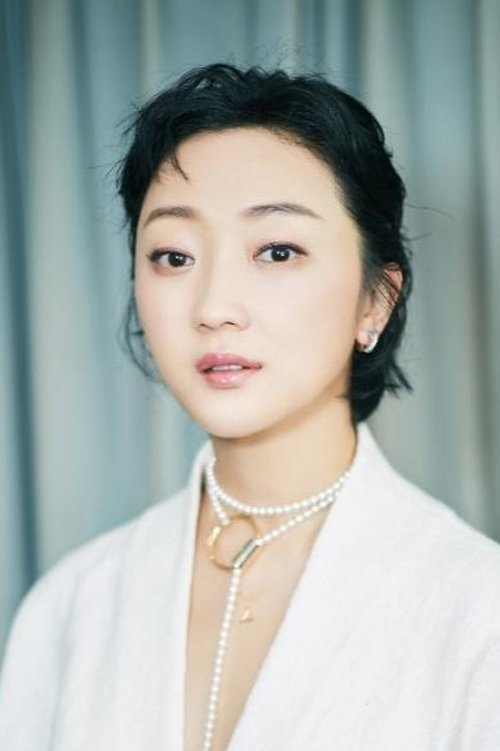
Videos & Trailers
1 video
Cast & Crew
7 members
Acting
董璇
Teacher Xiao Zhang

Acting
蒋雯丽
Wang Cailing

Acting
Jiao Gang
Mr. Hu

Acting
李光洁
Huang Sibao

Acting
Wang Yajie
Unknown Role

Acting
张瑶
Gao Beibei

Acting
张静初
Gao Weihong


Teacher Xiao Zhang

Wang Cailing

Mr. Hu

Huang Sibao

Unknown Role

Gao Beibei

Gao Weihong
